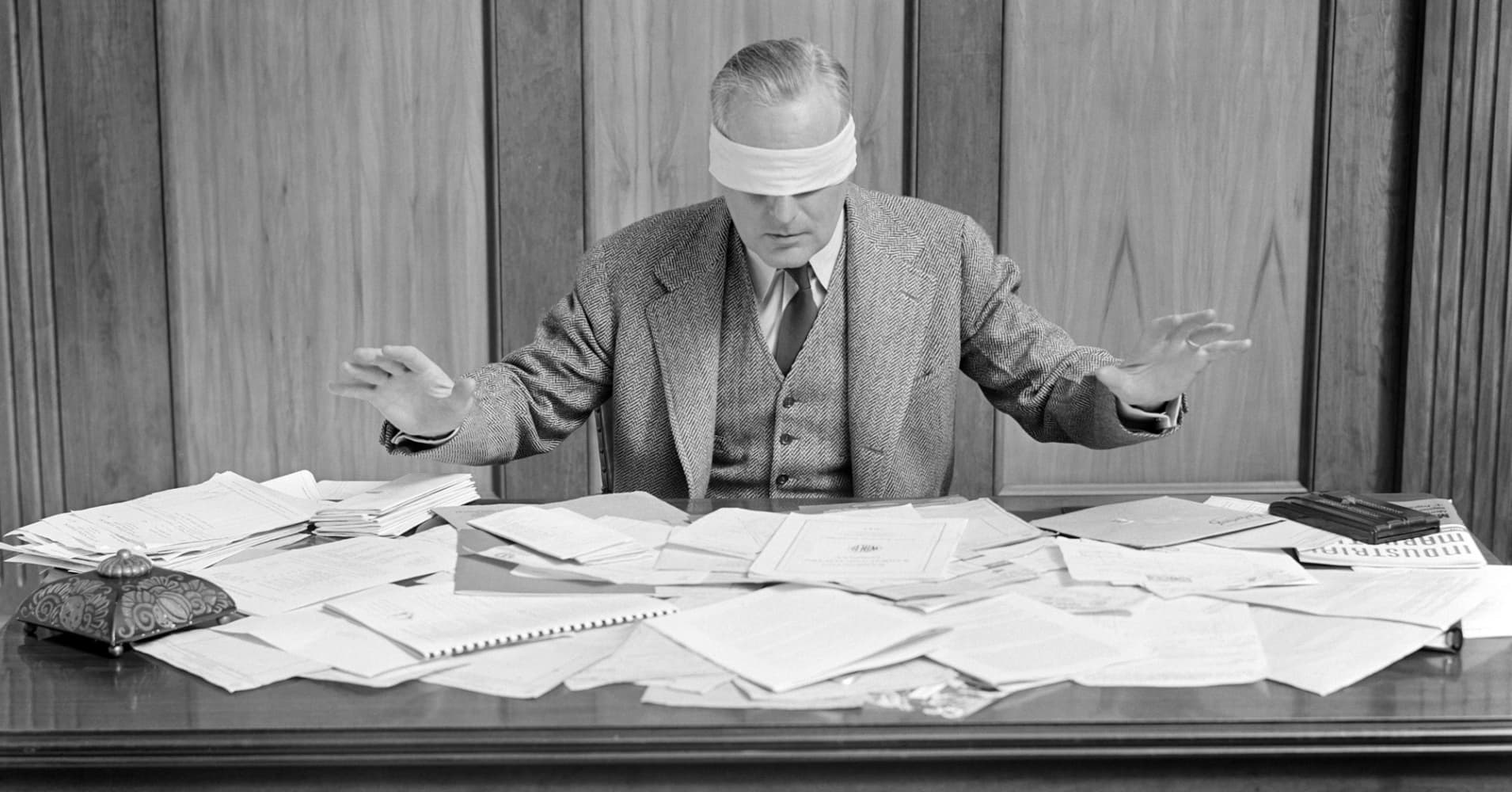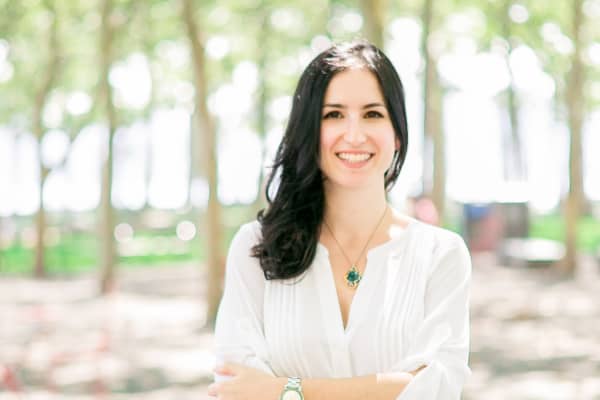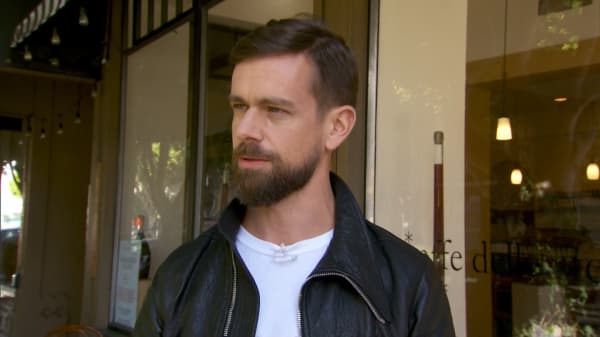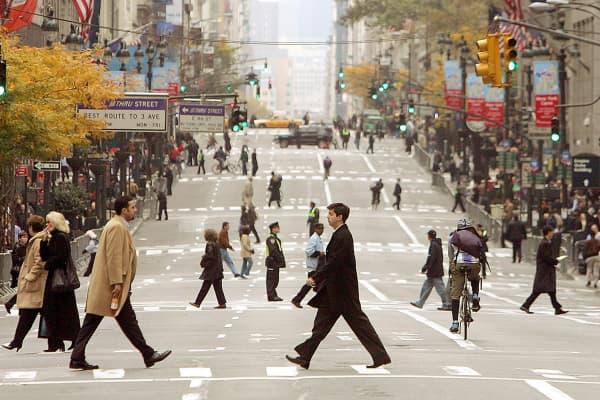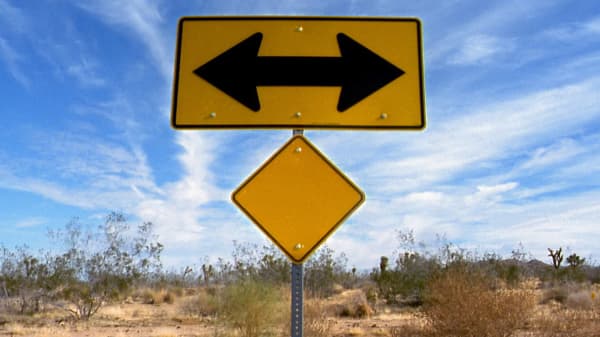What is a typical day like for you? It seems there's an opportunity to get distracted almost every minute.
As I write this article, I have 20 unread emails, 40 Facebook notifications, and 5+ text messages.
To add to that, there's always an opportunity to get pulled into the negative. A friend wrote something disturbing on Facebook, and someone at work was passive aggressive.
More from Belma McCaffrey:
Stop networking! Here's a better way to connect
Why the self-doubt? 3 questions to help you get confident
Conquering the creative process
I have to tell a friend and/or confront these people right now. Right? Wrong!
Technology plus daily life make it hard to stay focused. And focus is critical in helping us make progress, especially given the nature of our political climate today.
How can we cut down the noise and focus our energy not so we can get "more" done, but so we can do the right things an impact through our work?
Here are four ways to better organize our day and focus our energy.
Start with gratitude
We all know gratitude is powerful, but I find I need it most in the moments when I just don't feel like being grateful.
The past week has been especially tough. As I hear my son crying in the next room (time to wake up!), I just want to stay in bed. I don't want to go to work, and I don't want to deal with any responsibilities. (We all have these days regardless of what's going on in our country.)
